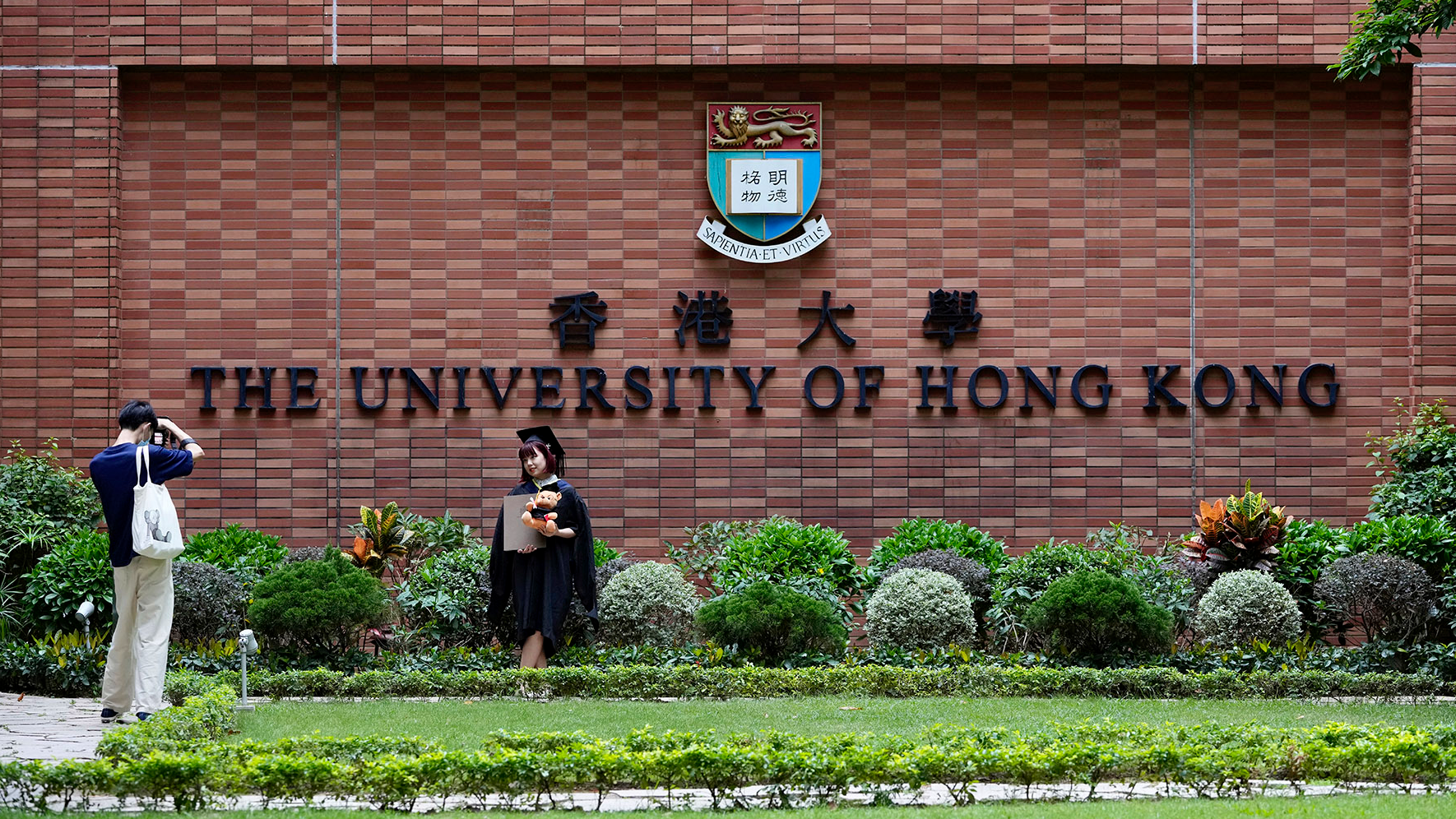
Hong Kong’s educators and youngsters are rallying behind the special administrative region government’s drive to transform the city into a global education and talent hub, as the latest Policy Address bets on younger peoples’ future-ready capacity building and an international talent trawl.
An international student in Hong Kong told China Daily on Thursday that she has seen “more diversity in action” and a significantly more mixed student body since the start of the new school year, fueling optimism for a growing influx of global peers.
“Hong Kong, it’s a financial hub, but what I notice is that it’s slowly transitioning into a talent hub. Local universities are trying to nurture more young talent from other places,” said Jody Castaneto, a Filipino undergraduate student majoring in journalism.
READ MORE: Hong Kong hailed as strong alternative for US-based international students
As part of Lee’s agenda, the cap on nonlocal undergraduate enrolment will be raised from the current 40 percent to 50 percent – effective from the 2026-27 academic year – acting as a catalyst for this vision.
Castaneto, who came to the University of Hong Kong (HKU) via a scholarship program in her country that helps low-income students study abroad, cited the “international matrix, a different culture, its welcoming attitude, and high-quality academia” as key factors behind her decision.
She praised inclusive practices, like HKU’s journalism department reserving slots on Wednesday for international students to attend the reading of the Policy Address at the Legislative Council.
“It’s a nice step; we’re catered to on more opportunities ... We’re being seen more in the city,” Castaneto said.
Lee’s policy blueprint aims to tackle the shortage of student accommodation in the city.
Dormitories provided by schools offer international students cost-effective living without the hidden hassles of having to manage essential utilities such as electricity and laundry facilities, which Castaneto says is an advantage.
Apart from being a logistical solution, student hostels and dormitories are cheaper, require less effort than other options, and are a foundational element for successful, seamless integration, she added.
Angus Ng Hok-ming, chairman of the Guangdong-Hong Kong-Macao Greater Bay Area Youth Association, told China Daily that he “strongly supports” the SAR government’s commitment to increase the number of degree places for nonlocal students while supporting the provision of greater facilities such as student hostels.
He urged local education institutions to strengthen partnerships with top-tier overseas counterparts, as they strive for cross-border recognition of academic qualifications and research alliances.
These are the measures that will enable the city to play an even greater role in the global education landscape, said Ng, a vision he believes should be extended beyond tertiary institutions to primary and secondary schools.
Lee said in his Policy Address that the Education Bureau will allow Direct Subsidy Scheme primary and secondary schools on a trial basis to expand their intake of nonlocal pupils who study in a self-financing mode on student visas.
The extension will increase the potential to woo more high-caliber talent and educational resources to Hong Kong, Ng said.
A new HK$2-billion ($257 million) fund has been pledged to support artificial intelligence (AI) being included among core subjects at primary and secondary schools, as part of a new Blueprint for Digital Education to be released next year.
Kok Tin-gan, founder of Darklab – a Hong Kong-based security operation center that works with the authorities on compiling cybersecurity guidelines for schools – welcomed the growing focus on AI education for youngsters.
“We are on the doorstep of an era of human-AI co-existence, making it essential for children of a young age to engage with this technology; understanding what AI is and how it operates across contexts is vital for their future development,” Kok said.
“The next generation won’t simply compete person-to-person; they will compete with AI tools in their hands,” he added.
READ MORE: Hong Kong fast-tracks hotel conversions to narrow student housing gap
Kok said that any AI curriculum being designed must include the legal and ethical dimensions of AI usage, adding, “It is crucial to make children aware of its potential risks and empower them to use the technology responsibly.”
In a statement on Thursday, Hong Kong CPPCC Youth Association endorsed the Policy Address’ focus on AI education and recruiting more nonlocal students, calling these moves vital for development in the new era and key to building a robust talent pool for the city.
The association pledged its full cooperation to implementing these initiatives and to continue supporting Hong Kong’s development into an international high-level talent hub.
Contact the writer at wanqing@chinadailyhk.com


